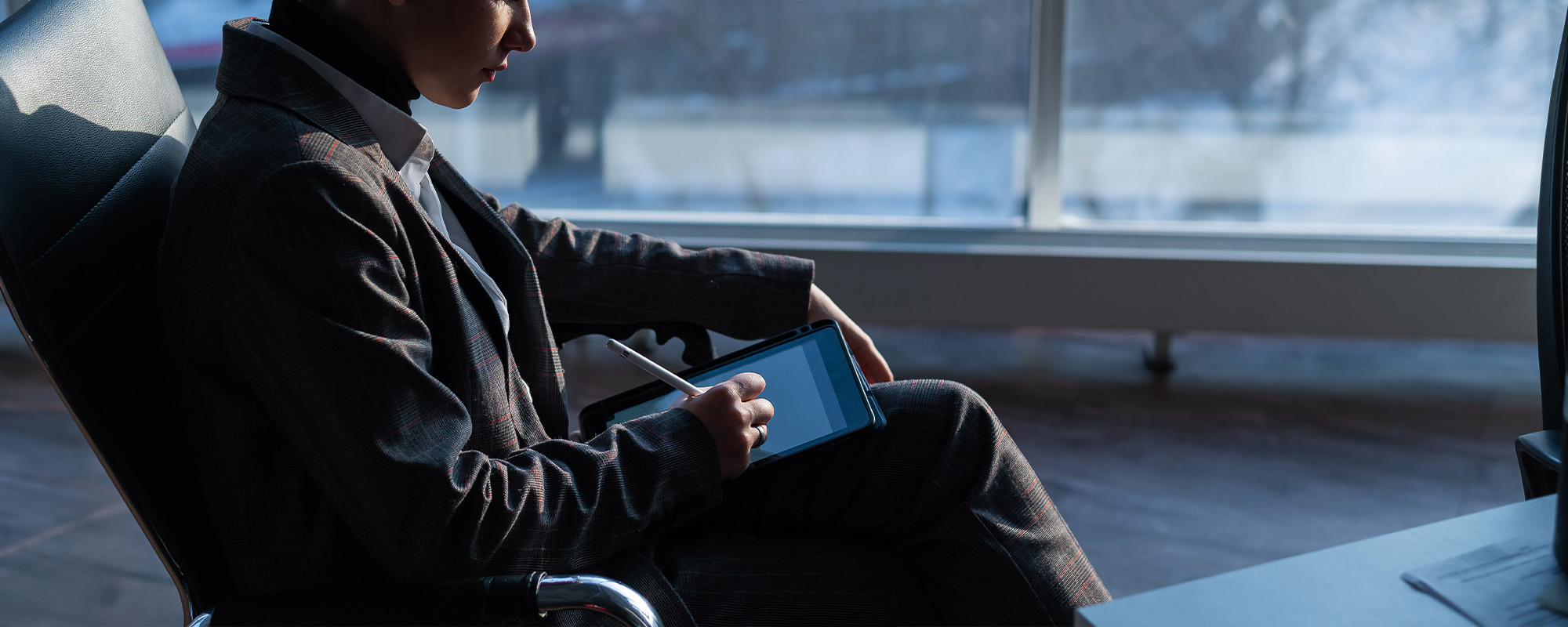
You should not have to fear that you may encounter dangers when you go to the store. But unfortunately, a store owner or manager may neglect to keep the premises safe, and you may find yourself involved in a slip and fall accident. This is when a store incident report may come into play. Continue reading to learn the significance of a store incident report and how an experienced Washington, D.C. slip and fall lawyer at Simeone & Miller, LLP can help you utilize it for your personal injury claim.
What is the importance of a store incident report?
Essentially, a store incident report is an important piece of proof if you wish to pursue an insurance claim and/or a personal injury claim later on. This is because it may provide the following details related to your slip and fall:
- The date and time in which your slip and fall occurred.
- The personal information of the store owner or manager on duty at the date and time in which your slip and fall occurred.
- A brief summary of the events that led up to your slip and fall’s occurrence, along with the conditions that may have been contributors.
- A brief summary of your injuries.
- A brief summary of the medical care you received at the scene.
More often than not, it is company policy that a store owner or manager conduct a store incident report when a slip and fall occurs on their premises. You must emphasize this point to the store owner or manager that responds to your incident, along with requesting that you receive a copy of the report while still at the scene. If they refuse, then you may wait for a security guard or a local law enforcement officer to arrive.
What other documentation is important to collect?
The plaintiff of a personal injury claim always holds the duty of satisfying a burden of proof. Meaning, they must present enough evidence that proves how the negligence of the defendant was directly correlated to their accident and subsequent injuries and damages.
And so, a copy of your store incident report may not suffice for your burden of proof. Instead, you may want to also collect the following pieces of documentation:
- A copy of the police report conducted at the scene of your incident.
- A copy of the security camera footage that captured your incident playing out.
- Oral and written testimonies from witnesses that saw your incident playing out.
- Photos and videos of your injuries, damages, and the dangers at the scene of your incident.
- A doctor’s note that describes the seriousness of your injuries.
- Medical bills that describe the cost of your required treatments.
The first step you must take in your legal action is to make a phone call. Without further ado, pick up the phone and contact a skilled Washington, D.C. premises liability lawyer from Simeone & Miller, LLP today.
